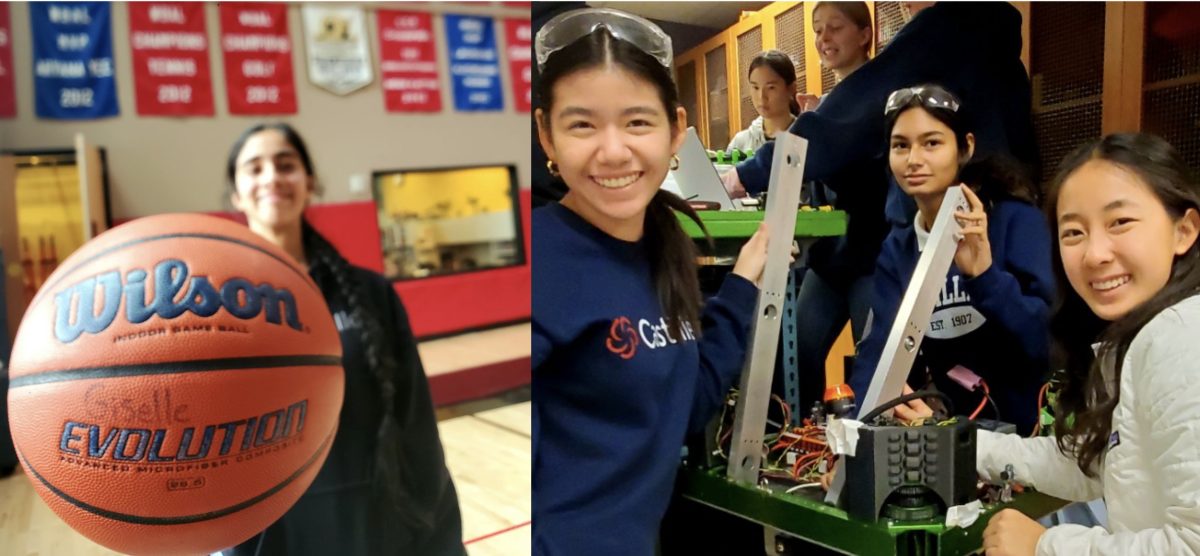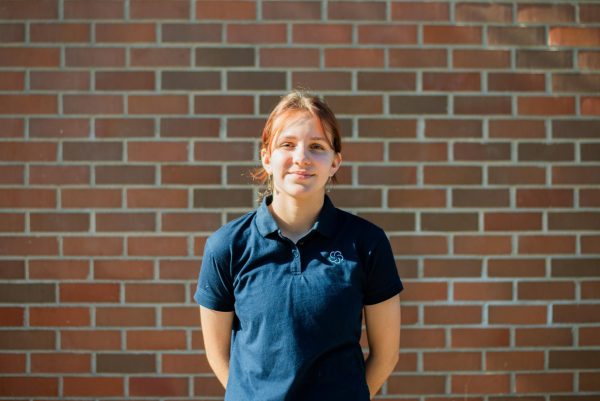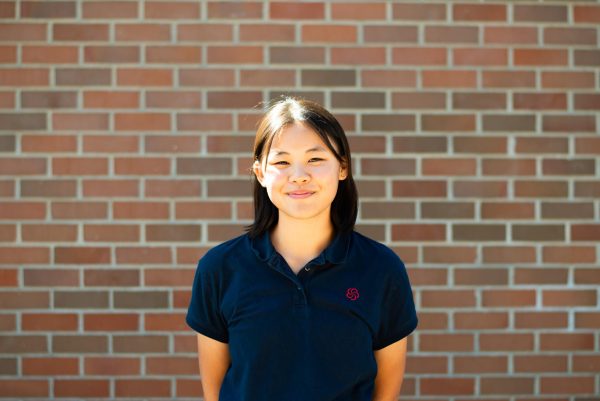With winter sports underway, spring sports starting and seasons picking up for Mock Trial, Gatorbotics and Speech and Debate, there is lots of talk of conflicting schedules and the struggles of participating in multiple extracurriculars. Whether it’s having to pick between activities and events, difficulties with time management or constant communication with coaches and leads, student stress regarding extracurriculars is high.
Many Castilleja students who do school sports also do a Castilleja Academic Enrichment Activity. Sports teams practice 5-6 times a week, with games throughout the week and occasionally on weekends. Enrichment activities often meet multiple times per week and can have weekend events. Conflicting events for enrichments and sports are more common than not and often leave students in difficult situations.
“I would often go to [water polo] practice and then head straight to robotics after I got out, or vice versa. You know, go to robotics before a game, go play the game and then go back to robotics,” Gatorbotics lead and Varsity Water Polo player Sam Solomon ‘24 said
Taking on multiple activities comes with an added level of commitment. And different coaches and leads often have different expectations.
“You have to really understand the commitment that people are going to expect from you, like coaches, mentors, teammates and friends before you make a commitment,” Mock Trial member and Speech and Debate team lead Caroline Yuan ‘26 said. “Even across the different stages, the coaches have different expectations for the flexibility they’ll give you.”
Solomon also said the Gatorbotics leads make it their mission to have everyone, even those who participate in theater productions and sports, be able to do Gatorbotics. Especially since it is one of the biggest clubs on campus. The lab is open for a total of 24 hours throughout the week, and everyone needs to be in the lab for less than half of those hours.
“But if it becomes more of a pattern, like a recurring thing, where you’re unable to make lab hours, sometimes it does become a conversation about where robotics fits in your schedule. Because, like everything we do, any extracurricular you choose to do is a time commitment, ” she said.
Communication allows everyone to have an understanding of each other’s situations and create plans to manage unexpected circumstances.
Speaking from her experience with coaches and teachers, Yuan said, “ I think in general, everyone at Casti responds really well as long as you’ve given advance notice and communicate.”
Many students have probably heard the phrase, “You have to pick one.” Whether that messaging comes from parents, coaches or friends, the high commitment level of many high school extracurriculars can pressure students to choose a sport over an enrichment activity, or vice versa, to be their “thing.”
“I’m going to be missing two soccer games in order to go to Mock trial,” Emma Ping ‘27 said. “If I wanted to do soccer [next year], then I wouldn’t be able to do Mock trial at the same time, or do speech and debate at the same time since there would be multiple conflicts.”
Yuan shared that she had to stop playing soccer to limit stress and prioritize her other extracurricular activities: “The thing that I’ve learned from that is sometimes you can’t do it all, which is hard to internalize,” she said.
There is always the question among students on how to manage conflicting sports and other extracurriculars and many wonder how to prioritize activity schedules.
“There’s a lot of pressure to do a lot of things at Casti, and that’s not necessarily a bad thing because I know I wouldn’t have done a lot of the stuff that I do today and find value in,” Yuan said.
She said “making a list of priorities of what you really want to be doing in your later years, like junior and senior year,” can help with balancing multiple extracurriculars.
In regards to Gatorbotics, Solomon said she keeps these three pillars in mind to keep a healthy school/activities/life balance: “Health, sleep and school work always have to come first, in that order. And it’s super important to me that I set that example to the best of my abilities, because I know that the behavior that I demonstrate in the lab creates a culture.”
“I’ve increasingly realized that it’s very important to give yourself a break sometimes. It’s okay to go home straight after school,” Yuan said, “Being conscious of how your stress levels are responding to your extracurriculars because your load is different from everyone else’s. Not relying on outside metrics is really important to long-term happiness.”




